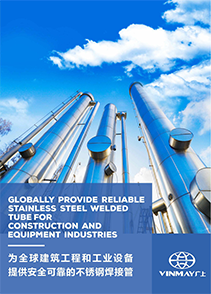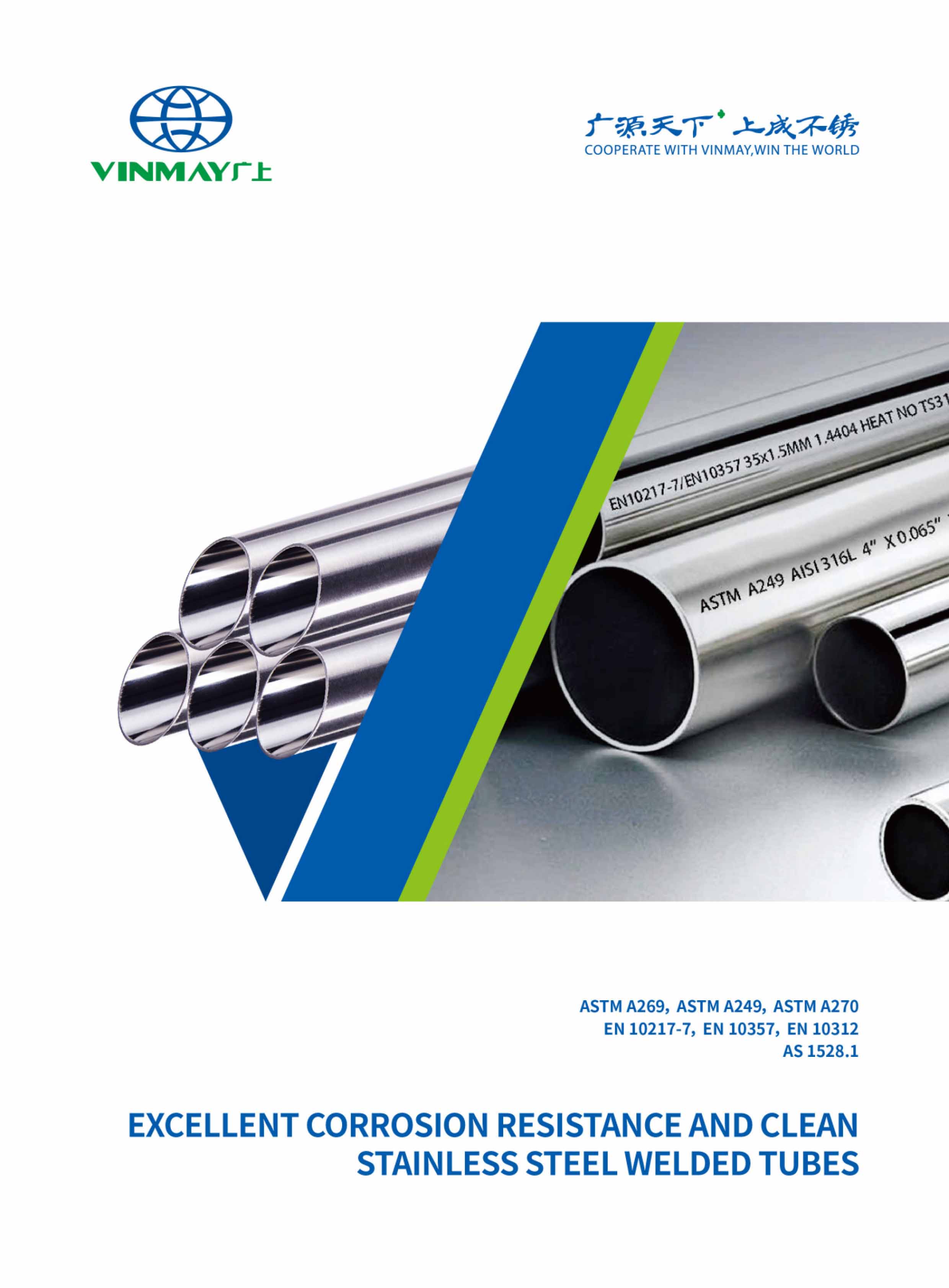It’s no coincidence that both hairline and mirror finishes are sought after for their unique allure in design and architecture. Hairline finishes are known for their sleek, understated texture, while mirror finishes reflect opulence with their high-gloss polish. As you explore the subtleties between these two, you'll uncover why one might suit your project better than the other, considering both aesthetic desires and functional demands.
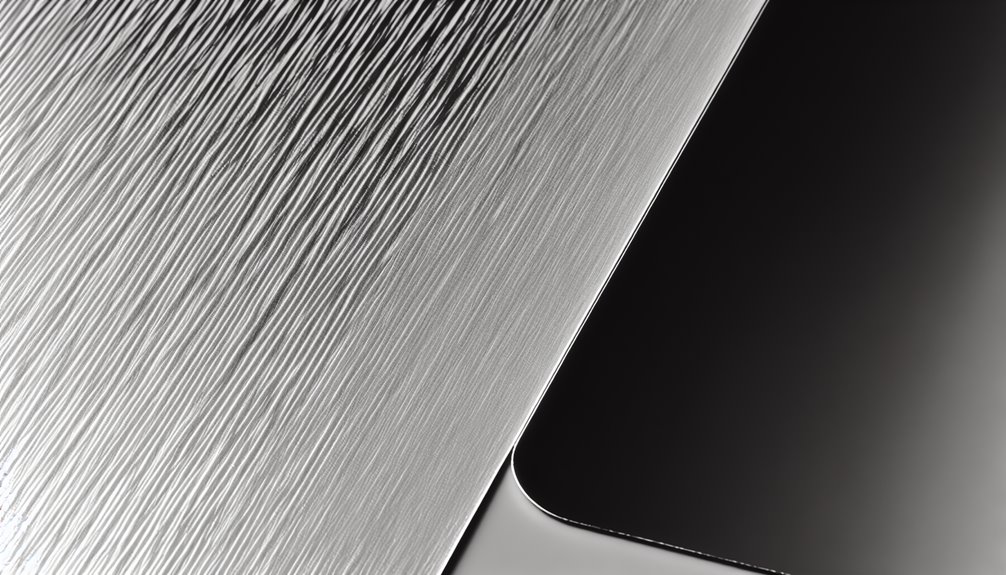
When it comes to understanding hairline and mirror finishes, precision is key. To achieve definition clarity, you must first grasp the unique finish characteristics of each.
A hairline finish presents a subtle, linear texture, achieved by brushing the metal's surface in a unidirectional manner. This results in a satin-like sheen that minimizes glare while providing a sleek, refined appearance.
On the other hand, a mirror finish demands a high degree of polish. It's characterized by its reflective quality, achieved through meticulous buffing that removes surface imperfections, resulting in a smooth, glossy surface.
Although both hairline and mirror finishes enhance metal surfaces, their aesthetic differences are striking and decisive in design.
The hairline finish exudes understated elegance through its subtle linear grain, offering a sophisticated visual texture. It's perfect if you're aiming for an industrial, modern aesthetic appeal, giving surfaces a refined, tactile quality that invites exploration.
In contrast, the mirror finish captivates with its high-gloss, reflective surface, creating an opulent, sleek visual experience.
This finish is ideal when you desire to amplify light and create a sense of spaciousness. Its immaculate sheen transforms any space into a gallery of light and reflection, catering to those who appreciate luxury and precision.
Choose the finish that aligns with your design vision and need for control in aesthetic impact.
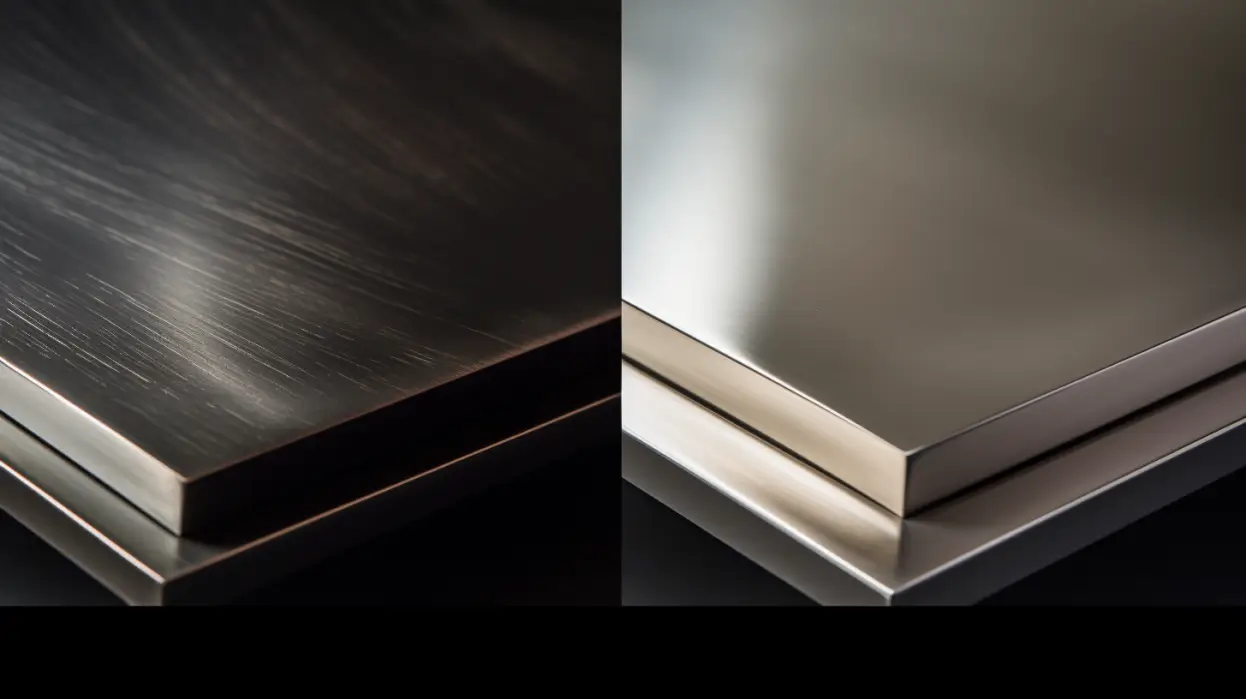
When choosing between a hairline finish and a mirror finish, it's essential to evaluate how each performs in real-world applications. These surface treatments differ not only in appearance but also in durability, scratch resistance, and maintenance requirements.
A hairline stainless steel finish, with its subtle linear grain, is excellent at masking fingerprints, scuffs, and light scratches. This makes it a smart choice for high-traffic areas, public spaces, or industrial environments where wear and tear are expected.
On the other hand, a mirror finish stainless steel surface offers a striking, reflective shine that adds luxury and visual impact. However, it tends to reveal smudges and scratches more easily and typically requires more frequent cleaning and careful handling.
By weighing these functional differences, you can choose the finish that best suits your environment and usage expectations, whether you prioritize aesthetics, durability, or ease of upkeep.
In design and architecture, hairline and mirror finishes find their places in varied applications, each serving unique aesthetic and functional purposes.
With its subtle linear texture, the hairline finish is favored in industrial applications where durability meets elegance. You might find it in elevator panels, kitchen appliances, or even high-traffic public spaces. Its understated beauty provides a sophisticated backdrop without overwhelming the surrounding decor.
Hairline finishes offer a blend of durability and elegance, ideal for sophisticated, high-traffic environments.
Conversely, mirror finishes shine in decorative uses, where their reflective brilliance transforms spaces. Think luxury interiors, upscale retail spaces, or feature walls that demand attention.
This finish offers an unmatched ability to amplify light, creating an illusion of openness and grandeur. Both finishes, while distinct, empower you to craft environments that exude controlled elegance and bespoke allure.
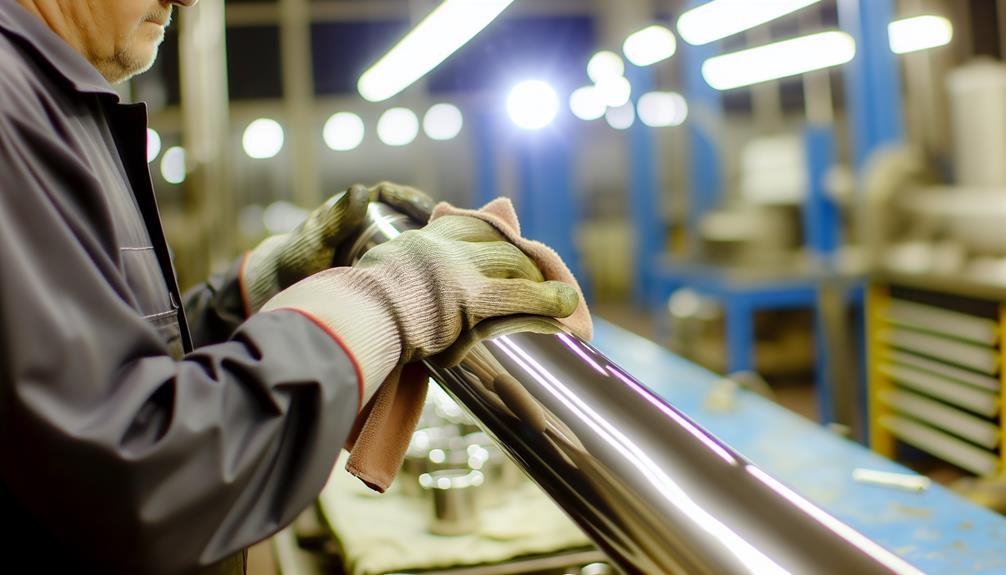
When maintaining a hairline finish, you'll need to employ a gentle cleaning technique that preserves its subtle texture, using non-abrasive materials to avoid altering its linear beauty.
In contrast, a mirror finish requires meticulous attention to prevent scratches and maintain its reflective allure, often needing specialized polishes for peak shine.
Both finishes demand a proactive approach to care, as long-term wear can compromise their aesthetic integrity if not properly managed.
Achieving a pristine appearance for both hairline and mirror finishes demands meticulous cleaning techniques tailored to their distinct characteristics. Understanding the nuances guarantees you maintain their elegance and luster.
Both finishes benefit from regular care, but their long-term durability varies:
| Finish Type | Wear Resistance | Maintenance Effort |
|---|---|---|
| Hairline | High | Moderate |
| Mirror | Moderate | High |
Whether you choose a hairline finish for its durability or a mirror finish for its premium aesthetic, proper care is crucial. By adopting the right tools and cleaning routines, you’ll protect your investment and preserve the beauty of your stainless steel surfaces for years to come.
Understanding the cost implications of hairline and mirror finishes is essential for making an informed decision in your beauty regimen. Each finish offers distinct aesthetic and practical benefits, but the financial impact varies. Here’s a concise cost comparison to guide your budget considerations:
Choose wisely to align with your financial priorities.
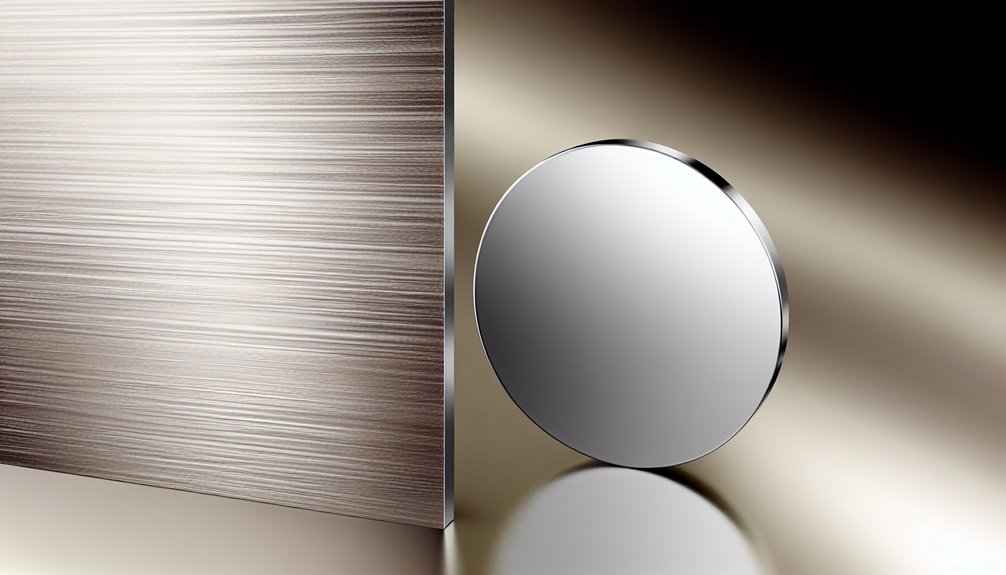
Balancing cost with aesthetic goals sets the stage for selecting the perfect finish for your project. Start with understanding your project's requirements to guarantee a precise finish selection.
If durability and subtle elegance are your priorities, a hairline finish offers a refined, brushed texture that minimizes the visibility of imperfections, maintaining surface quality over time.
Conversely, if your project demands a high-gloss, reflective allure, opt for a mirror finish that elevates visual appeal through meticulous polishing techniques.
Opt for a mirror finish to achieve an exquisite, high-gloss allure through meticulous polishing.
Control your outcomes by considering the environment and usage conditions—high-touch surfaces benefit from hairline finishes, while accent pieces thrive with mirror-like brilliance.
Ultimately, your finish selection should align with both functionality and the desired aesthetic, securing your project's success in both form and function.
You can skillfully combine hairline and mirror finishes on a single surface by employing advanced combination techniques. This approach allows you to cater to specific aesthetic preferences, ensuring precision and control over the final appearance.
Lighting effects can markedly alter finish perception. "Beauty is in the eye of the beholder." Soft lighting enhances hairline finishes, emphasizing texture, while bright, direct light accentuates mirror finishes, highlighting their reflective qualities. Control lighting to achieve the desired aesthetics.
You're likely aware that sustainability concerns arise from the production processes of different finishes. Each technique involves distinct resource use, energy consumption, and chemical applications, impacting environmental health. Managing these factors is essential for eco-friendly beauty outcomes.
Weighing the essence of elegance, you’ll find that finish durability doesn’t alter material weight. Weight considerations remain constant, allowing you to master the art of aesthetics without compromising structural integrity. Perfect your technique with confidence, knowing your choices hold steadfast.
When evaluating metal finishes, you'll find that they generally don't affect thermal conductivity notably. Focus on choosing finishes for their aesthetic appeal and texture, as they enhance the surface beauty without compromising functional thermal performance.
Blog Series:
When choosing between a hairline and mirror finish, you’re crafting a tale of elegance versus opulence. Hairline’s subtlety hides life’s little imperfections, making it perfect for bustling spaces, while mirror’s dazzling reflection demands a touch of meticulous care. Consider your project’s aesthetic and functional needs—do you crave the quiet strength of a whispered texture or the bold brilliance of a polished gleam? Your choice will shape not just a surface, but an experience.
